Driver's licenses do more than just drive in the U.S.
Driver's licenses do more than just drive in the U.S.
Here is an in-depth look at the benefits of getting a driver's license in the U.S., covering legal, social, economic, and personal impacts.
Introduction
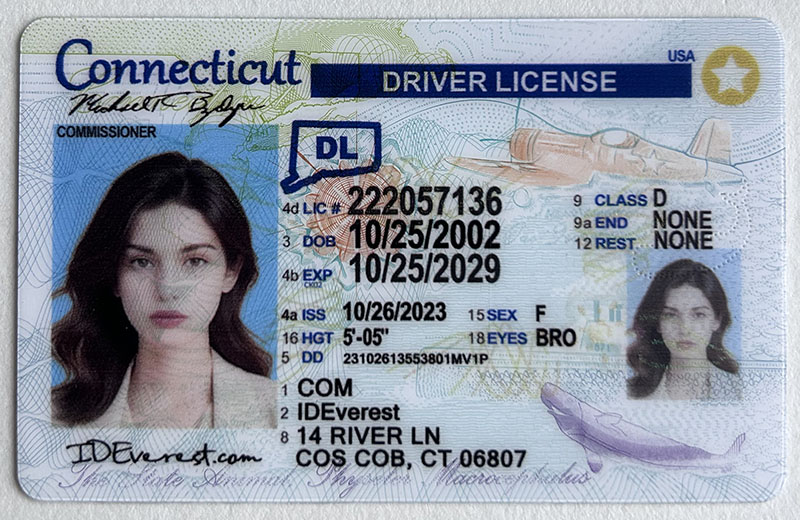
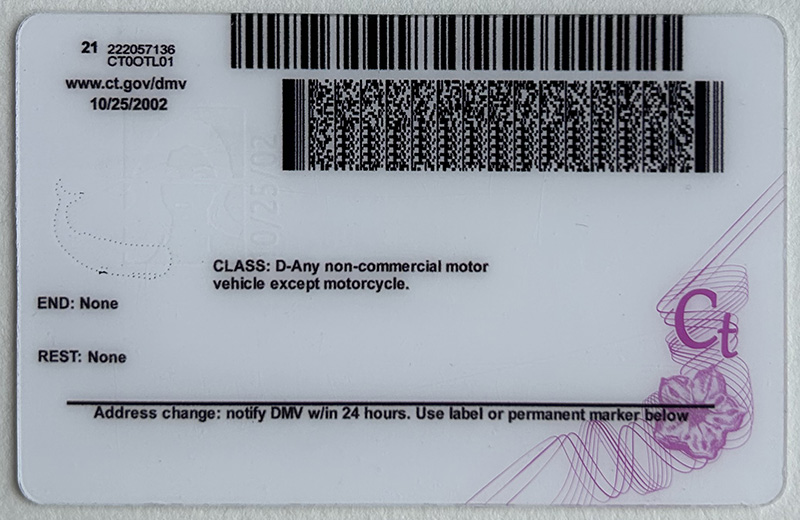
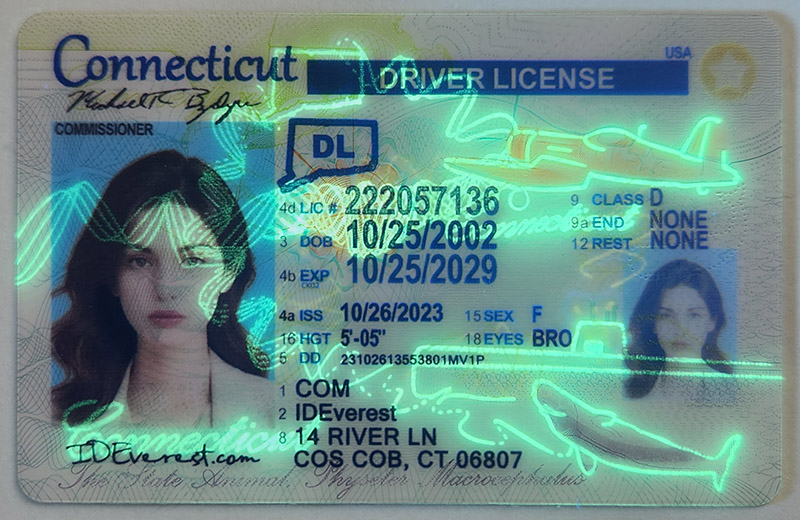
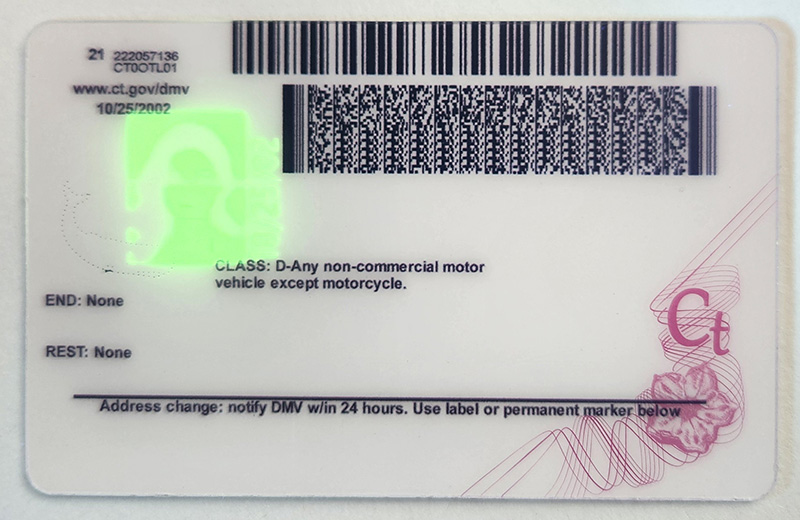
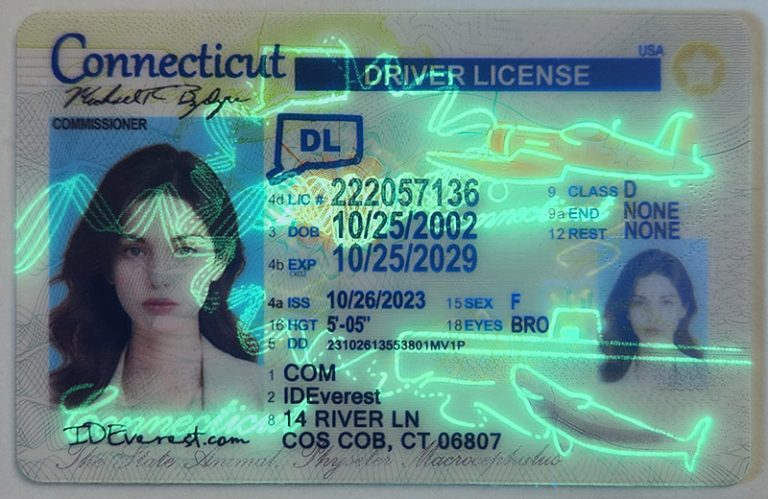
A driver's license is more than just a piece of plastic; it represents an important milestone in personal freedom and responsibility. For many Americans, getting a driver's license is a rite of passage that marks the transition from adolescence to adulthood. The benefits of having a driver's license extend beyond the ability to drive; they cover legal, economic, social, and practical aspects of daily life.
Legal Authorization to Drive
The most obvious benefit of a driver's license is the ability to legally operate a motor vehicle. This is essential for individuals who need to commute to get off work, school, or go about their daily activities. Driving without a license can result in fines, legal consequences, and increased insurance rates. Therefore, having a valid driver's license ensures compliance with the law and gives you peace of mind.
Identification and Security
A driver's license is one of the most commonly used forms of identification in the United States. It is often used for:
Age verification: Whether at a bar, store, or to purchase age-restricted items, a driver's license provides quick and reliable proof of age.
Travel: Airports and transportation services often require a government-issued ID for security checks.
Access to Services: Services such as banking, equipment rentals, and even applying for various licenses often require a valid driver's license for verification.
Employment Opportunities
Having a driver's license can greatly increase employment opportunities. Many jobs require employees to drive a car as part of their duties, such as:
Delivery Services: Food delivery, package delivery, and courier service jobs require a valid driver's license.
Transportation Roles: Trucking, ridesharing, and public transportation careers often require a driver's license.
Field Work: Many roles, especially sales or maintenance, require travel to various locations, making a driver's license essential.
Employers often view a valid driver's license as a sign of reliability and responsibility, which can increase a candidate's appeal in the job market.
Financial Advantages
A driver's license can provide a variety of financial benefits:
Insurance: A valid driver's license is a prerequisite for obtaining auto insurance. With a driver's license, you can choose from multiple insurance companies and potentially receive lower rates. Many insurance companies offer discounts for those with a safe driving record or who have completed a driver's education course.
Transportation Costs: For individuals living in areas with limited public transportation, a driver's license can increase personal mobility and reduce reliance on taxis or ridesharing services, which can be expensive. Owning a car may be more economical in the long run, especially for frequent travelers.
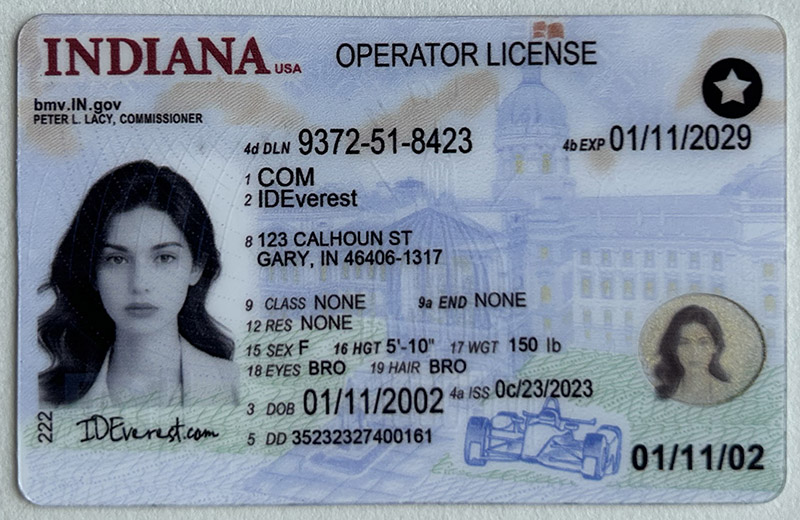
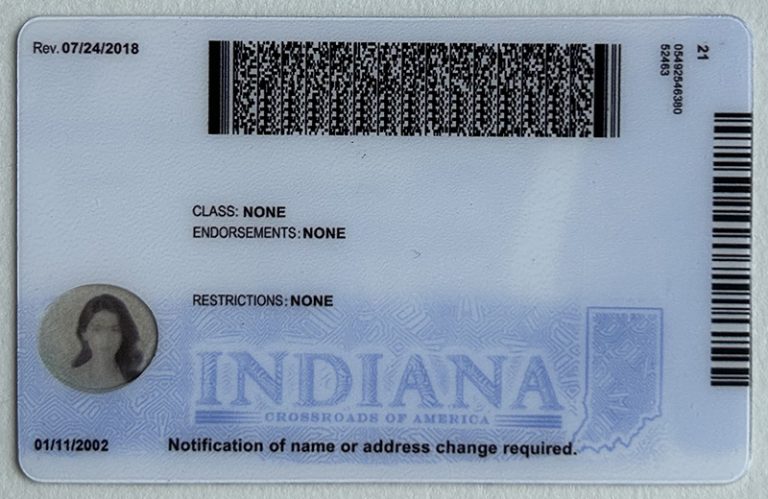
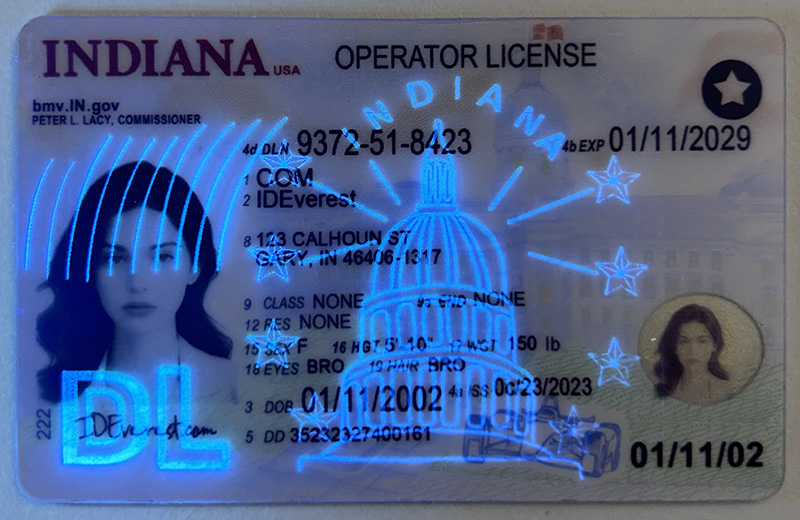
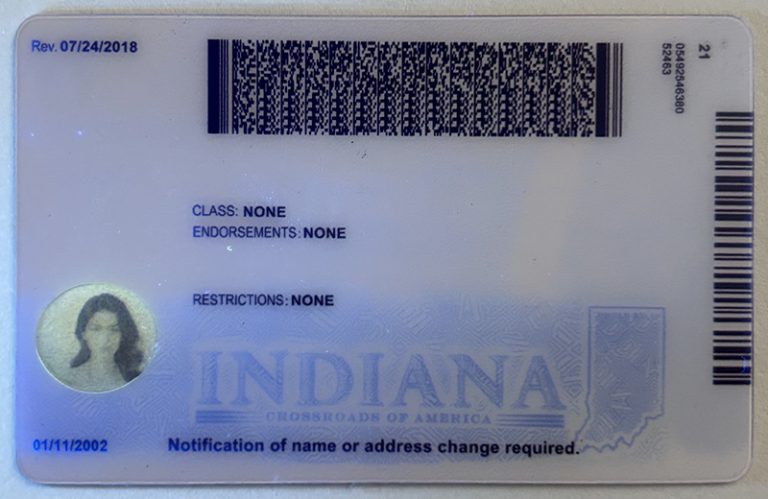
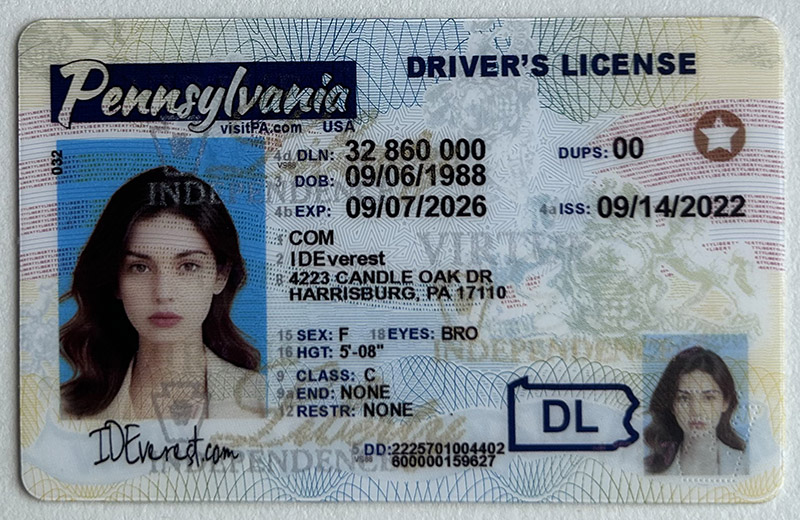
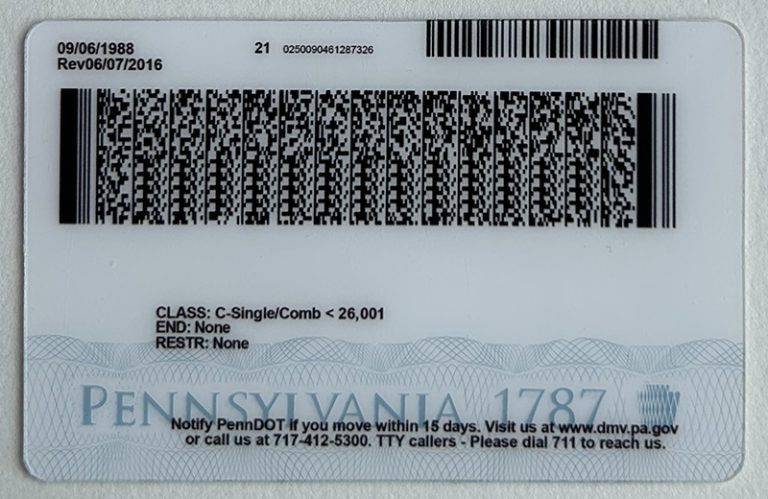
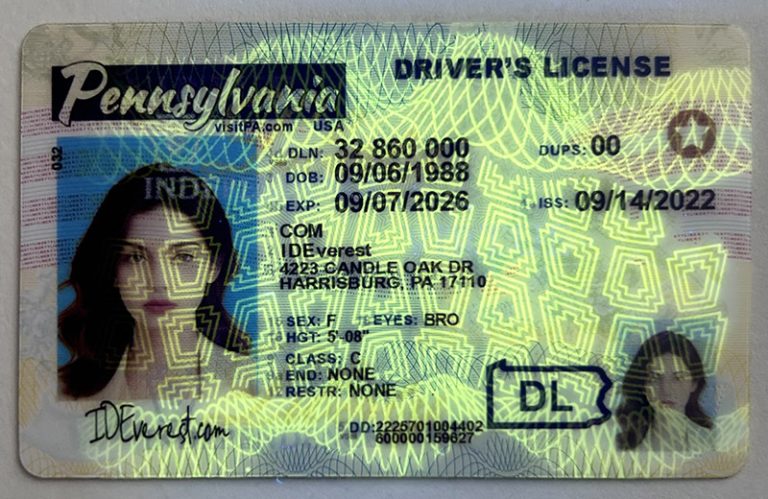
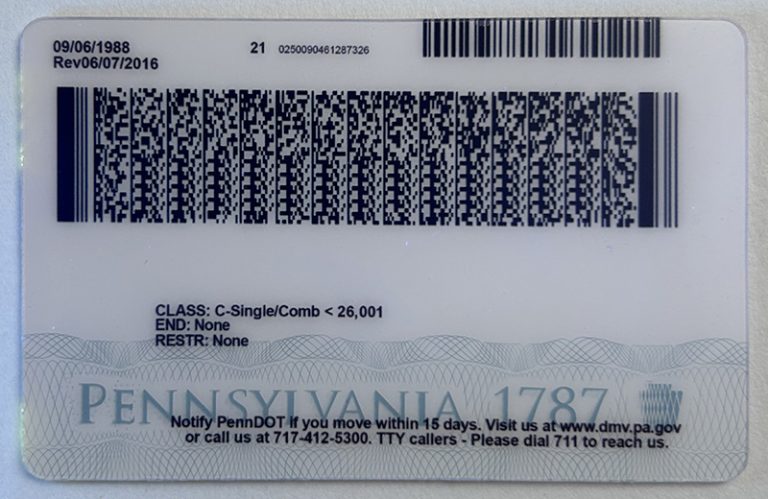
Social Freedom and Independence
Having a driver's license can increase personal freedom and independence:
Social Engagement: It enables individuals to visit friends and family without relying on others for rides, thus building stronger social connections.
Exploration and Adventure: A driver's license provides opportunities for road trips, weekend getaways, and exploring new areas, improving quality of life.
Education and Resource Access
In many areas, educational institutions and resources may be scattered and difficult to access without a vehicle. A driver's license allows individuals to:
Get to and from school: Many students need to travel to campuses or vocational schools that may not be accessible via public transportation.
Access to Resources: A driver's license allows individuals to visit libraries, community centers, and other important resources that may be far from home.
Voting Registration
In many states, a driver's license is required for voter registration. This serves several purposes:
Voter ID Laws: Some states have strict voter ID laws that require a government-issued ID to vote, so a driver's license is essential for civic engagement.
Participation in Democracy: Having a driver's license can encourage individuals to participate in the electoral process, enhancing democratic participation and representation.
Healthcare Access
Accessing healthcare is also easier with a driver’s license. Individuals can drive themselves to appointments or to medical facilities, especially in areas with limited public transportation. This autonomy can lead to:
Timely appointments: Being able to drive reduces the risk of missing an appointment due to traffic issues.
Emergency situations: In an emergency, having a driver’s license allows individuals to transport themselves or others to the hospital without delay.
Enhancing Family Responsibilities
For parents and guardians, a driver’s license is essential to fulfilling family responsibilities. It enables:
Child transportation: Parents can easily transport their children to school, extracurricular activities, and playdates, which enhances their children’s social life and development.
Errands and grocery shopping: Driving makes it easier to manage household tasks, from grocery shopping to attending family events.
Community Involvement
A driver’s license can also lead to greater community involvement. People with a driver’s license are more likely to participate in:
Volunteer activities: Many community service opportunities involve transportation, so a driver’s license is a great benefit for those who want to give back to the community.
Local events: Attending community events, meetings, and gatherings is much more convenient if you can drive yourself.
Personal Growth and Responsibility
Getting a driver’s license is often viewed as a significant personal achievement. This process can teach people valuable life skills, including:
Responsibility: Managing a vehicle, obeying traffic laws, and maintaining insurance can foster a sense of responsibility and accountability.
Time management: Balancing driving lessons, practice time, and testing requires planning and commitment.
Confidence: Successfully meeting the challenges of learning to drive can enhance self-confidence and independence.
Conclusion
In summary, a U.S. driver's license provides multiple benefits beyond simple driving ability. It helps with compliance with the law, serves as a reliable form of identification, enhances employment prospects, and provides significant financial advantages. In addition, it contributes to personal freedom, social participation, and community involvement while also teaching essential life skills.
For many people, getting a driver's license is more than just about getting around; it is a gateway to independence, opportunity, and a rich life. As a result, the importance of a driver's license in the United States goes far beyond the road itself, affecting every aspect of daily life and personal growth.
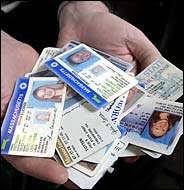 Arizona Fake ID, Buy Arizona F
Arizona Fake ID, Buy Arizona F
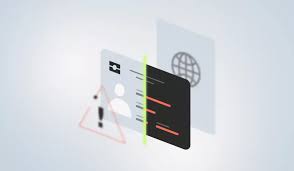 Maryland market
Maryland market
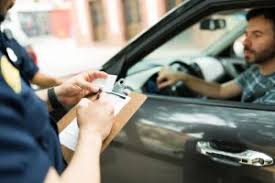 Buy New Jersey Fake ID
Buy New Jersey Fake ID
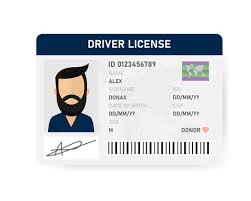 Buy Fake ID
Buy Fake ID